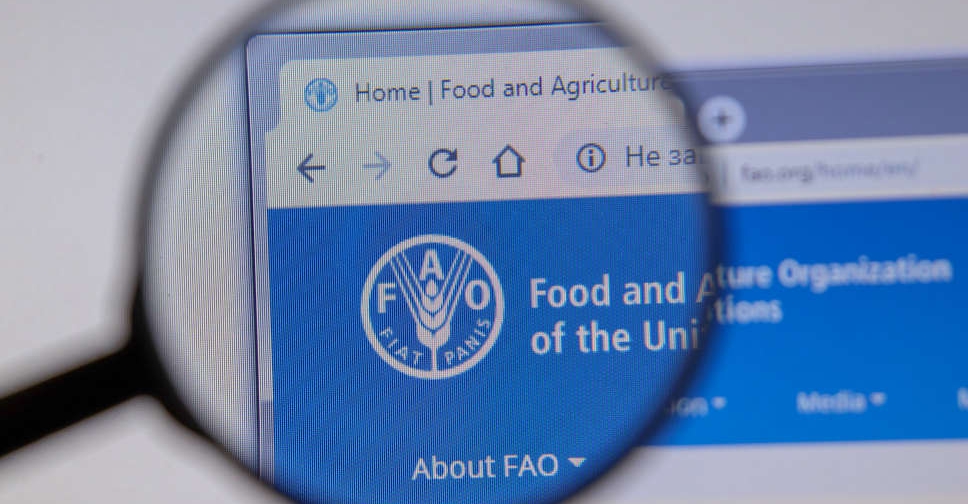
The Food and Agriculture Organisation of the United Nations (FAO) welcomed €25 million (AED 100 million) in additional funding from the European Union (EU) to advance Sustainable Wildlife Management (SWM) programme.
Since 2017, the initiative has been working with African, Caribbean and Pacific countries to reduce unsustainable wildlife hunting, conserve wildlife, and strengthen people's livelihoods and food security.
The first phase of the initiative received €45 million (AED 182 million) from the EU, with co-funding from the French Global Environment Facility (FFEM) and French Development Agency (AFD). This second phase will run from August 2023 to May 2029 and will be part of NaturAfrica, the new EU initiative for biodiversity conservation in Africa.
In this new phase, FAO will continue to lead a consortium of partners, which includes the French Agricultural Research Centre for International Development (CIRAD), the Center for International Forestry Research (CIFOR) and the Wildlife Conservation Society (WCS).
"The SWM Programme has a significant contribution to make as we work towards a sustainable and food-secure world for all," said Maria Helena Semedo, Deputy Director-General, FAO. "The initiative contributes to the implementation of the Kunming-Montreal Global Biodiversity Framework as well as to the "four betters" in the new FAO Strategic Framework 2022–2031. For example, the Programme is working towards "better nutrition" by promoting safe food across wild and domestic meat value chains, and towards "better environment" by developing innovative approaches to improve practices, build capacities to reduce zoonotic risks and protect ecosystems."
The partnership is working with national and regional administrations and over 80 local and indigenous communities in 16 countries. The initiative is strengthening innovative and collaborative targeted approaches to conserve wild animals, protect ecosystems, and improve the livelihoods of those who depend on these resources.
"Building scalable new models to conserve wildlife and improve food security takes time," said Marjeta Jager, Deputy Director-General, Directorate-General for International Partnerships (DG-INTPA), European Commission. "We need to further develop the models tested by the SWM Programme and to disseminate and scale up the Programme's findings, results and approaches to achieve greater impacts. For this reason, the European Union seeks to provide additional funding to continue the SWM Programme until June 2029."
The new EU funding will be used to increase the impact and sustainability of the Programme by completing the models and sharing lessons learnt, tools and innovations at national, regional and international levels.
The initiative will continue to work with the Organisation of African, Caribbean and Pacific States and regional organizations in Africa.
The SWM Programme contributes to the FAO Strategic Framework 2022-2031, which supports the 2030 Agenda for Sustainable Development through a transition to more efficient, inclusive, resilient and sustainable agri-food systems that deliver improvements in production, nutrition, environment and livelihoods.
The Programme also contributes to many international strategies and priorities, including the Kunming-Montreal Global Biodiversity Framework, the One Health approach, and the Ramsar Convention on Wetlands of International Importance.



 Nasdaq set to confirm bear market as Trump tariffs trigger recession fears
Nasdaq set to confirm bear market as Trump tariffs trigger recession fears
 Dana Gas and Crescent Petroleum exceed 500M boe in Khor Mor field
Dana Gas and Crescent Petroleum exceed 500M boe in Khor Mor field
 China to impose tariffs of 34% on all US goods
China to impose tariffs of 34% on all US goods
 Shares bruised, dollar crumbles as Trump tariffs stir recession fears
Shares bruised, dollar crumbles as Trump tariffs stir recession fears



